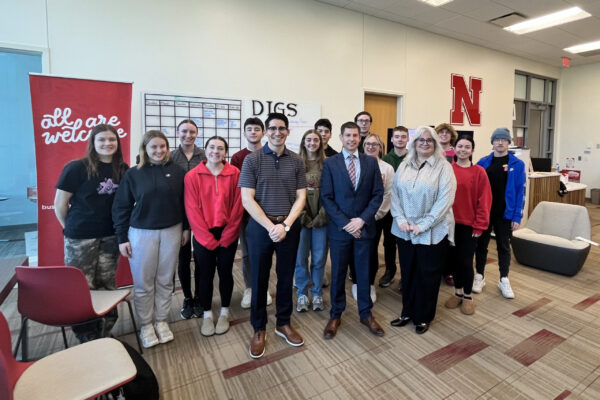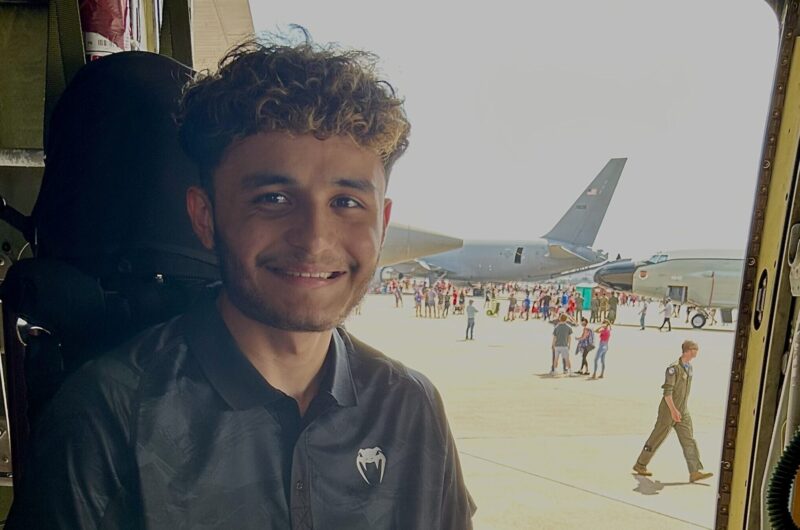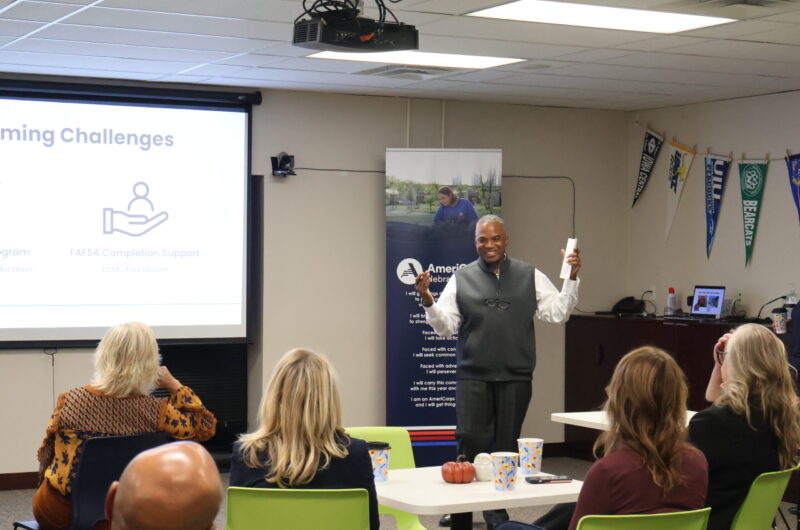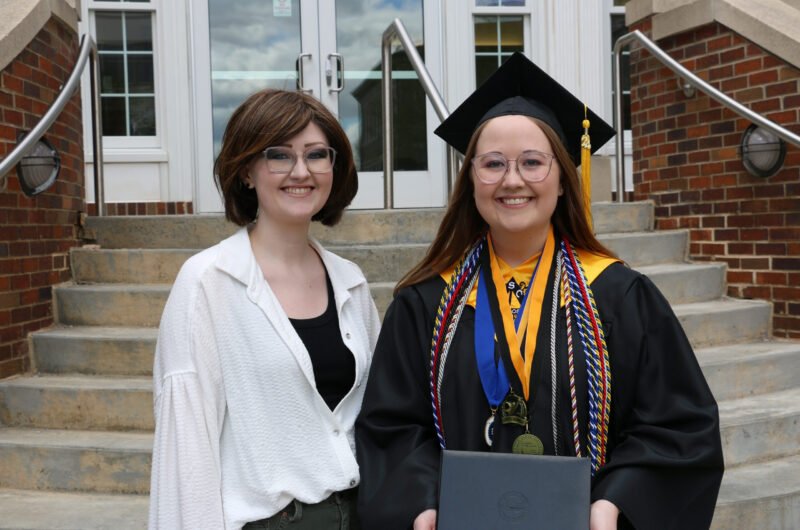At College Possible Omaha, our multigenerational workforce isn’t just a mix of age groups; it’s a strategic advantage. With several generations working together, we’ve harnessed a diverse range of skills and experiences that directly contribute to the success of the organization and success in serving students throughout Omaha.
College Possible programming revolves around peer-to-peer coaching for high school and college students. With AmeriCorps coaches being from a younger generation, their recent college experience provides a unique understanding of the current higher education landscape. This insight is invaluable when guiding students through the challenges of college life.
AmeriCorps coaches become more than mentors; they become relatable figures who understand the unique struggles and triumphs of the students they serve.
While students are involved in College Possible programming, they benefit from a supportive network that extends beyond academic advice. Coaches become confidants, providing insights on navigating campus life, career choices, and personal growth. This holistic approach to coaching at College Possible Omaha aims to empower students not just academically but also personally, fostering a sense of resilience and self-efficacy.
Leveraging the benefits of a multigenerational workforce
According to insights from the University of Massachusetts Global, a multigenerational workforce offers a wide range of benefits. The collaboration of fresh innovation with wisdom from years of experience enhances productivity, problem-solving abilities, and learning opportunities.
Recently, senior development director, Melissa Valek, was invited by former College Possible student, Edgar Montoya, to be a part of a panel discussing the multigenerational workforce. Edgar, now holding a significant title as the diversity, equity, and inclusion coordinator for the University of Nebraska Lincoln’s College of Business, recognizes College Possible’s diverse team and the impact it has on both professional and personal growth.
Reflecting on the event, Valek shares, “During the panel discussion, I think the panelists and students all came to the conclusion that at the end of the day, we’re not communicating with generations, we’re communicating with people. It’s about building relationships and honoring the contributions made by people at different points along their professional path.”



